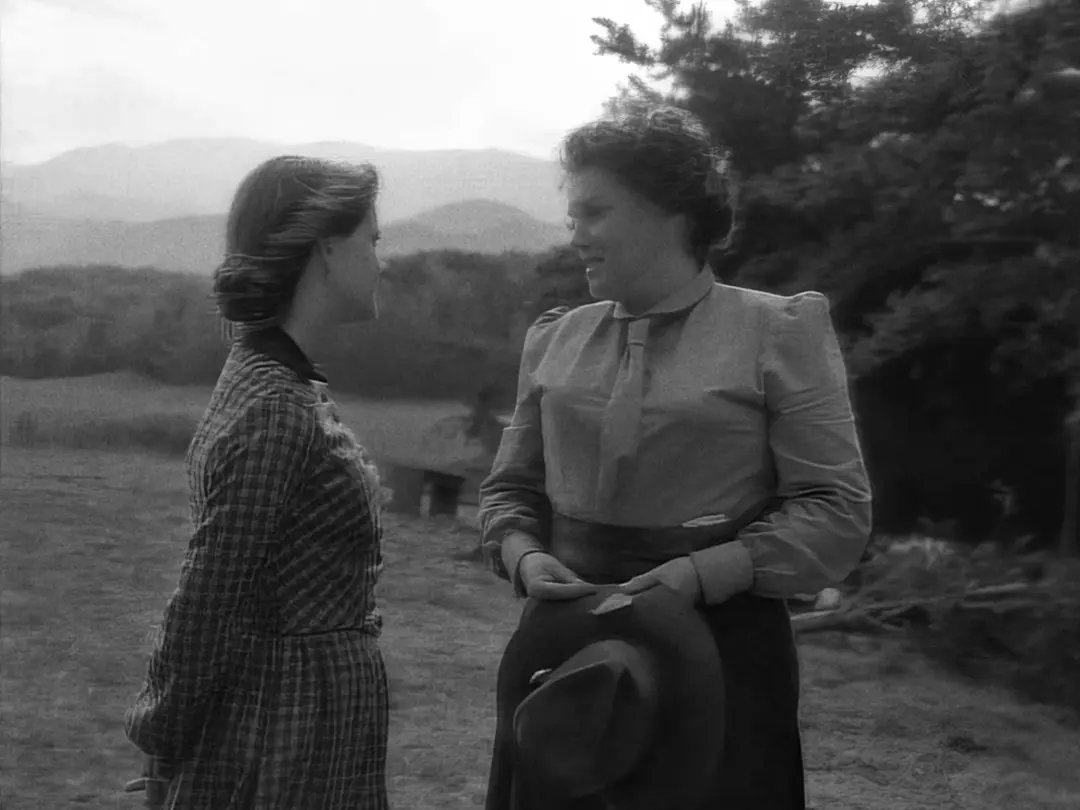by James Breig
The Messenger
I spent Easter weekend lying on the couch in our family room while battling a virus more enduring than the Energizer Bunny. That gave me both the opportunity and excuse to watch a lot of television and it seemed like TV had suddenly found religion. Specials, documentaries, movies and even the pilot of a new series (“Christy”; more about it below) spanned the generations of believers from Abraham to a modern-day family in New York (“704 Hauser”).
It has long been my contention that television generally ignores religion; when it does pay attention to religion, the tube usually mistreats it. Study after study has confirmed my opinion. The latest was done by the Media Research Center. Released a few weeks ago, the report, titled “Faith in a Box: Television and Religion,” found only 116 treatments of religion out of the more than 1,000 hours of original entertainment programming broadcast annually on the four major networks. The 116 references were, of course mostly unflattering.
Appearing on a CNN program called “Reliable Sources,” which critiques the media, a spokesman for the Media Research Center commented on the study’s findings but added that things seem to be improving. One sign of that improvement was that his study was paid attention to on a Sunday morning news show. But there were many other signs that weekend:
On Holy Thursday, The Family Channel concluded its four-part rerun of “Jesus of Nazareth” Later, the Arts & Entertainment Network offered part four of “Charlton Heston Presents the Bible” which was filmed in the Holy Land.
On Good Friday I could have watched “The Robe” or two documentaries on the historical Jesus. But I chose to preview a videotape of the first episode of “704 Hauser,” a CBS sitcom. It opens with two main characters coming home from Sunday services and debating on the pastor’s sermon.
On Holy Saturday TNT ran “Solomon and Sheba” and “The Prodigal” while my local PBS outlet offered “Bless Me Father” and a documentary on a newly canonized saint.
On Easter, a channel surfer could have gone crazy switching among “Easter at Boys’ Town” “Barabbas,” “King of Kings,” “The Ten Commandments,” “Abraham,” “Samson and Delilah,” “Ben Hur,” and an interview with politician Andrew Young who has written what he calls a “spiritual autobiography.”
Easter evening also saw the debut of “Christy,” a CBS series which combines the qualities of “Little House on the Prairie” and “The Waltons,” and neatly sits between the two chronologically. The show is about poor families in the Tennessee during the early part of this century.
The title character is a young woman (played by Kellie Martin of “Life Goes On”) who has been persuaded to teach the children of the Cutter Gap; the persuader is a Quaker woman (Tyne Daly) who spoke at Christy’s church. Another character is a young minister intent on building a church in the community.
In the two-hour pilot and first one-hour episode, “Christy” didn’t shy from dealing with religion in many forms: as mysticism, as superstition, as crutch and as foundation. The series has other qualities to recommend it, including an emphasis on family life and a willingness to show both its positive and negative sides.
My virus did not prevent me from realizing that much of this TV religion was due to Easter. But “Christy” and “704 Hauser” are continuing beyond that holy day, and more and more programs are willing to touch religion, once the forbidden topic of television programmers.
It’s a nice sign especially to a supine reviewer.
